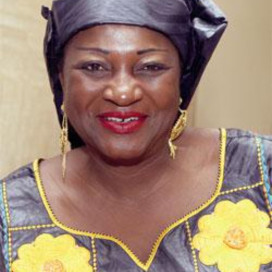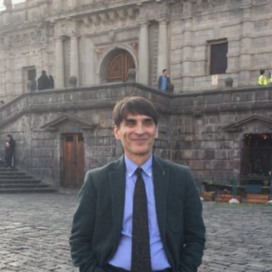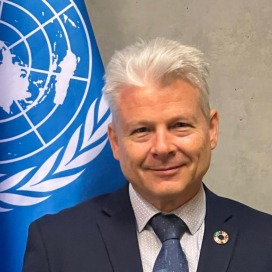
Minstry of Housing and Urban Development, Cameroon | Minster
The topic of slums and informal settlements has emerged stronger in global debates twenty years ago. The inclusion of slums as critical global development issue culminated in the adoption of Millennium Development Goals (MDGS) as part of the United Nations Millennium Declaration in the year 2000. With the Sustainable Development Goal (SDG) 11 on "sustainable cities and communities", the international community has made sustainable urbanization part of the core of human development, and brought slum upgrading both an objective and a tool to build social, economic and environmental sustainability. This context has allowed the development of several initiatives at national and global level on the improvement of knowledge on slums, their prevention and their improvement according to principles of equity, sustainability, participation, inclusion and human rights. Among these initiatives, the Participatory Slum Upgrading Programme (PSUP) has supported 40 countries and more than 200 cities in the development of urban profiles, national and municipal strategies, upgrading plans and capacity building of urban stakeholders since 2008. Phase 3 of the PSUP, which is currently being implemented, aims to support the implementation of neighbourhood improvement plans and the institutionalisation, the scaling up of locally led pilot projects and the implementation of national and municipal slum upgrading strategies. This is often accompanied by the development of national slum upgrading programmes led by specific public entities and stakeholders convinced of the importance of the issue and their capacity to act. Many countries are well advanced in this approach while others are beginning to explore the scaling up of successful projects, and all have specific experiences due to the realities of their national contexts. Despite these sub-regional and national differences, this strategic phase in the improvement of slums and the living conditions of the urban poor raises similar issues, challenging the strategic, institutional, operational and financial frameworks of national and local governments. In view of the plurality of experiences and the similarity of the issues at stake, it is necessary to strengthen the sharing of experiences between national and local governments, as well as with the plurality of their technical and financial methodologies, in order to learn together from the successes of certain experiences.
The Scaling Up of Slum Upgrading session will aim at: ● Sharing achievements and lessons learned by some national actors in the elaboration and implementation of national slum upgrading programmes, ● Exploring the most common challenges in scaling up slum upgrading projects or implementing national slum upgrading strategies, ● Identifying the opportunities and common resources that can be mobilised to overcome these challenges, in terms of finance, institutional framework, commitment of authorities and political actors, and technical issues such as land, infrastructure and housing. ● Engaging dialogues between national governments for the successful scaling up of improved approaches towards sustained long-term urban transformation.

Minstry of Housing and Urban Development, Cameroon | Minster

Secretary General, OACPS

European Commission, DEVCO | Head of Unit F4 – Sustainable Transport and Urban Development

UN-Habitat | Deputy Executive Director (a.i.) and Director, Global Solutions Division, UN-Habitat

Director of Cabinet, Ministry of Urbanism, Housing and Public Hygiene, Government of the Republic of Senegal

Minister of Housing and Local Government & Parliament, Government of the Republic of St. Lucia

Minister of State for Urban Development, Ministry of Lands, Housing and Urban Development, Republic of Uganda

Directeur Général, FEICOM, Cameroun

Directora Geral de Planeamento, Orçamento e Gestão , Ministério das Infra-Estruturas, Ordenamento do Território e Habitação, Cabo Verde

Mayor City of Kigali, Rwanda

Head of Monotoring and Evaluation, Codas Caritas in Douala